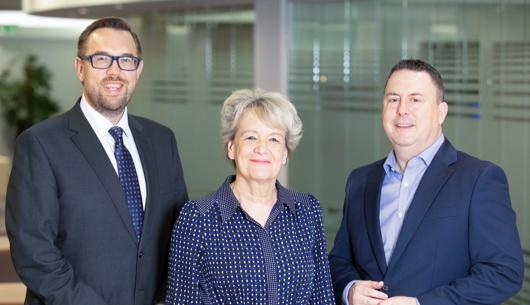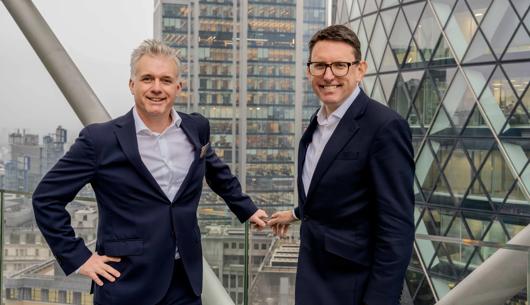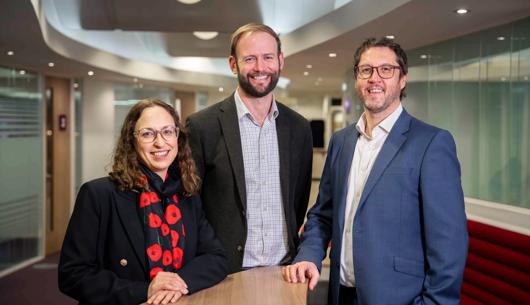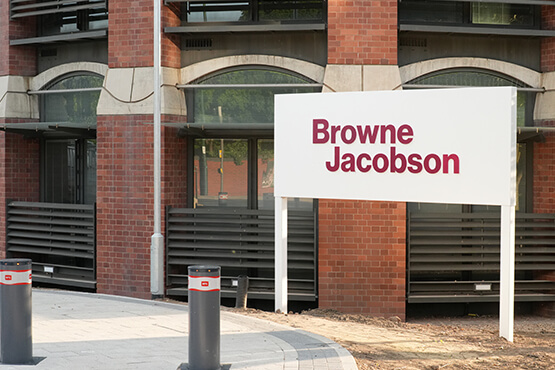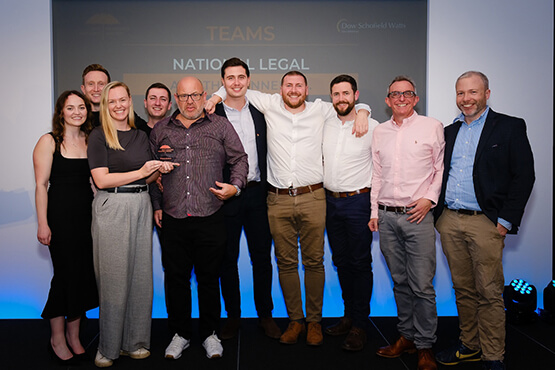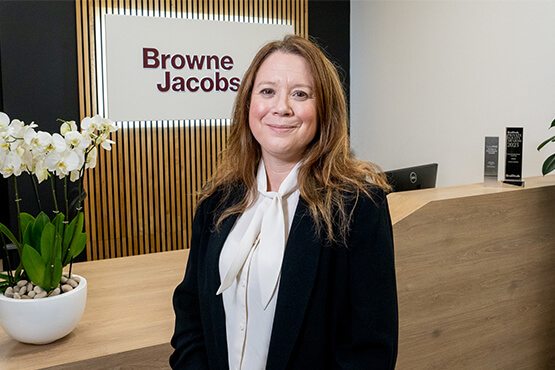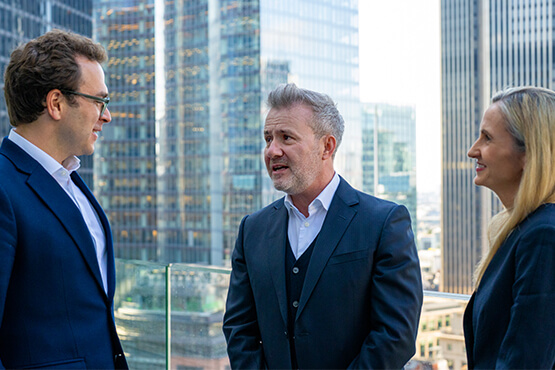We sat down with Clare Hanna, a Senior Associate in our corporate team in Birmingham, to talk about her experience working on high-value energy-from-waste transactions and the positive environmental impact of her work in the energy sector.
Last year, Clare advised environmental giant Suez on its £2bn international acquisition of its former waste management business, Suez R&R UK. Suez R&R UK is one of the largest recycling and recovery companies in the UK, with a portfolio of more than 25,000 industrial and municipal customers. It delivers innovative, environmentally responsible solutions to manage waste and water – a critical part of our national infrastructure.
This was Clare’s third deal in the energy-from-waste sector, an industry with a vital part to play to help the UK achieve its net-zero targets. “Energy-from-waste facilities are fundamental to the long term strategy of landfill diversion through the processing and treatment of non-recyclable waste and providing in many cases a source of renewable energy generation”, Clare explains. Deals like this are important because the new owners can invest in further developing these facilities, increasing their decarbonization benefits and further promoting their contribution to the circular economy. “With more investment, energy-from-waste plants can become an increasing part of the solution to the climate crisis.”
This was a complex transaction that involved working with a multi-disciplinary team across the firm, including working closely with specialists in the waste sector. “Being able to tap into specialists is hugely important in this kind of transaction where there are significant regulatory considerations and this was a big factor in our appointment. We are a national firm with real market and sector experts which means we are trusted to advise on billion-pound transactions”, Clare says.
Clare’s work with Suez involved leading the due diligence teams across specialisms including property, regulatory, waste, planning and construction. “We had to deal with all the client’s queries about the waste contracts, liaising with internal teams to get the information we needed and then communicating it to the client in a clear and concise way”, she explains. Project management was a key part of her role, liaising with internal teams across the firm, the client’s other professional advisers, the seller’s advisers and the client directly to manage their concerns and expectations.
Because the project had an accelerated time frame, the team decided to use ‘expert sessions’ to fast-track the process. In these sessions, Clare would line up all the due diligence questions and put them to the seller’s management team. “It’s a pragmatic and efficient approach which means you can raise all enquiries in one go, but at the same time there is a limited number of questions you can ask in two hours. This meant we had to identify the most important ones”.
By the end of the transaction, the due diligence report was around 300 pages long. “In a couple of weeks, we managed to do what you would usually do in months. In terms of exposure and career development for me, it was brilliant”, Clare comments.
Clare joined Browne Jacobson’s Corporate team in 2017. Her favourite thing about working in corporate law is the exciting energy working on transactions brings. “I love the fast-paced nature of it.”, she says. “You have to do a lot in a very short amount of time, so the work involves a lot of problem solving and teamwork and this really suits my personality”.
In particular, Clare enjoys the commercial aspect of the job. “What you need to achieve is ensuring the parties are comfortable enough to close the deal and work with your client to solve any issues that come up during the transaction”, she explains.
In addition to high-value transactions, Clare also works with early-stage tech companies focusing on hydrogen or renewable energy. “I meet young people at the height of the future of tech who know their space very well and want us to be their advisors for all things legal – we enable them so that they can have a bigger impact. Big businesses, on the other hand, tend to ask for more specific pieces of work. Both types of work are interesting and it’s great to have this variety in my practice”, Clare says.
Looking ahead to the future of the energy tech sector, Clare believes the pressures on the cost of living and the entry of new disruptors to the market signal that the industry is entering a key phase. “Investors have already shifted from retail because of the recession, so they are looking for resilient projects which won’t be impacted in the same way, such as energy tech companies and the renewable energy industry. This is where investment may begin to go in the next 12 months and the sector is already becoming very competitive.”
Advising in the energy and environmental infrastructure sectors means that ESG is a key part of Clare’s work, and she is proud of Browne Jacobson’s progress in this area. “Our ESG commitments are a really important part of our offering in this space”, she says.
Increasing numbers of companies are focusing on ESG as a key driver of their decisions and Browne Jacobson can provide them with vital training and share its knowledge. “Clients are now asking for a firm which meets or exceeds their ESG expectations and Browne Jacobson does this. We give them something beyond just legal services to really complement their business – we can collaborate with them based on our own experiences.”





